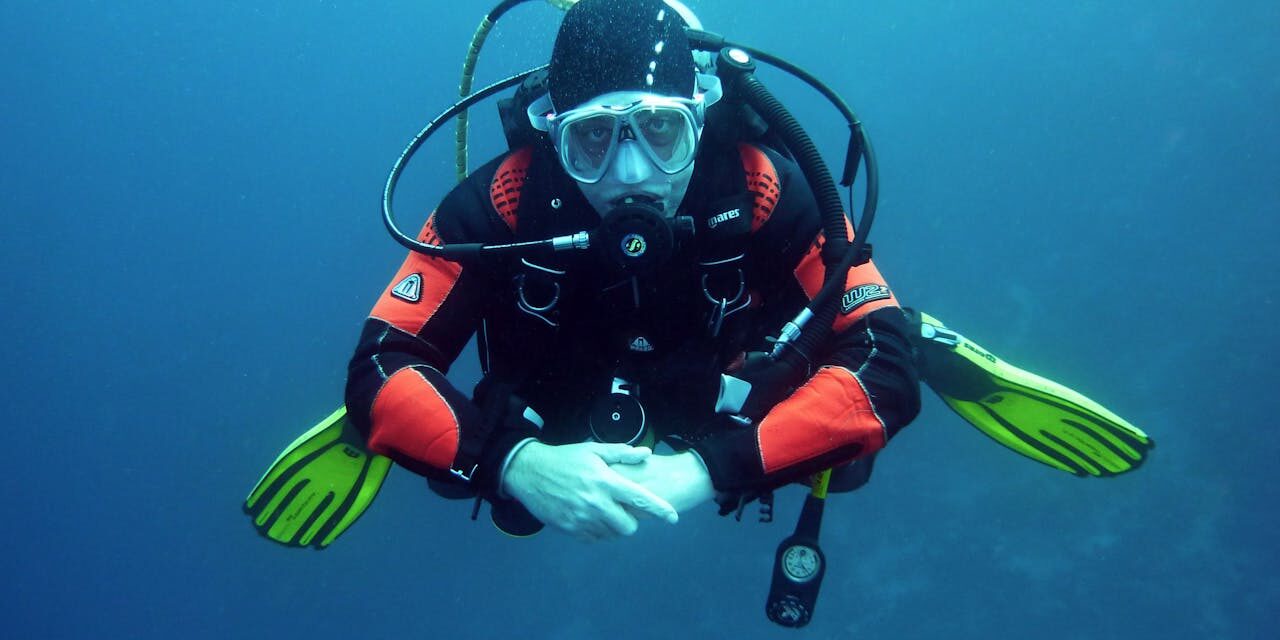Every diver experiences fear at some point.
Anyone with a fair diving experience will have encountered scary moments when his gear gets entangled with something or the oxygen supply being cut off or a problem with a fellow diver. Then there is the time when you dive for the first time. The fear you experience is quite different from the fear when you are experienced but stuck in a situation.
It is good to experience some amount of fear. It keeps us alert and safe. When you begin to take diving casually, the fear will vanish and you will start to make mistakes, which can be dangerous.
A diver who is afraid may make mistakes in his state of fear. A diver who is blasé is likely to overlook certain rules. Both situations can prove dangerous. What then is the answer? The trick lies in recognizing the fear and acting wisely so that you can prevent a panic attack which is definitely not good.
Here are some steps you can take when fear strikes.
Table of Contents
Control Your Breathing
When you are scared, adrenaline courses through your system, and your heart rate and breathing speed up. At such times, the first thing to do is to consciously take deep breaths. Stop moving about and concentrate only on your breathing. Deep breathing will help you calm down and ward off a panic attack. Keep telling yourself that you can work it out.
Figure Out the Problem
Once you have calmed yourself down by deep breathing, consider the problem carefully. Ask yourself whether you can solve it yourself or whether you need help. Analyzing and having a clear idea about your problem is half the battle won. All that is left to do is to find a solution and execute it.
Locate Your Buddy
Look around yourself and see where your buddy is. If you can move, go over to him. If not, beckon him over and mime out the problem to him. If you need help, that is the first thing to tell him rather than trying to explain the problem. Let him know that you are in trouble and you need to call for help.
Deal With the Problem
With the help of your buddy, try to figure out the solution to the problem. Of course, if the problem is severe and you know for sure that you need help, by all means, call for it.
Go On or Abort?
Lastly, decide whether you want to continue with the dive or abort the mission. If you have even the slightest doubt about your equipment’s functioning, it is better to abort. Remember, it is better to err on the side of caution.





